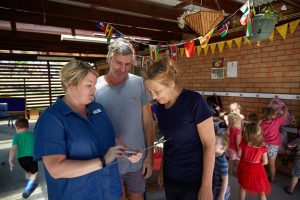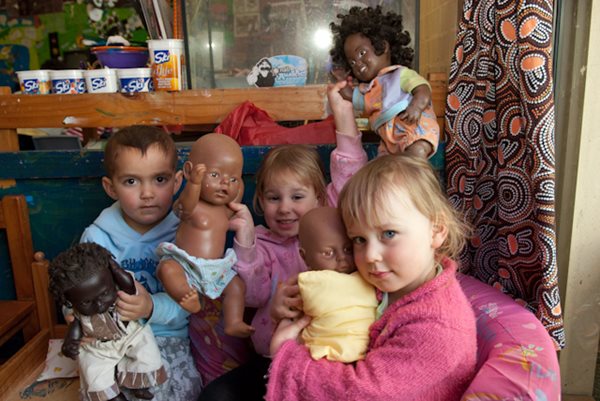First ever international early childhood workforce survey released – Australia is not alone in its challenges!
The Organisation for Economic Co-operation and Development has released its first ever international Teaching and Learning survey focused on the Early Childhood Education and Care workforce.
The findings provide interesting parallels for Australian early childhood education and care providers, including a key finding across all countries that highlights attracting and retaining a high quality workforce as an issue.
Early childhood staff, including teachers, assistants and leaders were surveyed across the following nine countries: Chile, Denmark, Germany, Iceland, Israel, Japan, Korea, Norway and Turkey. The survey focuses on staff experiences to support quality education for children, and range across areas including structural and process quality, funding and governance.
The survey finds different approaches across countries, with countries such as Chile, Korea and Turkey more inclined to focus on literacy and numeracy and direct instruction and less likely to use songs and nursery rhymes.
Retaining high quality professionals and wages an issue across the board
Attracting and retaining a high quality workforce is reported as an issue across all countries with levels of attrition ranging from one in ten to one in five staff leaving per year.
“It is interesting to see that across the world the ECEC workforce feels valued by children and parents, but not by wider society. Wages for staff across the countries surveyed are much lower than their primary school counterparts. This is an issue that no government has yet resolved” says Megan O’Connell, CELA’s Research and Policy advisor.
Individual stressors affect how educators react in each country and need to be addressed at a local level – for example group size impedes educators in some countries more than others.
In particular, levels of administration are a stress across all countries.
 Training is needed to support staff to engage with families.
Training is needed to support staff to engage with families.
Training identified as key to improving early educator support
The report finds that pre-service and in-service training is needed to support practices to organise small group activities, with educators who are highly stressed less likely to focus on personalising activities.
Similarly, training is needed to support staff to engage with families.
The report finds that more highly trained staff, such as bachelor qualified staff, are more likely to access further training.
Further training on staff-child interactions and adaptive practices is recommended particularly for lower skilled staff. Key challenges to training are a lack of paid release time and lack of staff to cover absence.
Educators across countries report that differentiating learning – both to cater for non-native speakers, and to meet the needs of children with special needs, is an area where they require more support. Most staff identified this as a developmental need.
 What processes are in place to ensure diversity is represented in your centre? Do books feature diverse families? Are toys from other cultures embraced? How are non-native speakers included in activities?
What processes are in place to ensure diversity is represented in your centre? Do books feature diverse families? Are toys from other cultures embraced? How are non-native speakers included in activities?
Implications for Australia
The data has clear relevance for Australia – especially around the status of the workforce and workforce shortages.
Centres may wish to examine the findings and determine whether they apply at a local level such as:
- Do lower skilled staff have access to training to enable them to implement adaptive practices? What would assist?
- Are staff comfortable, and skilled, in supporting children with additional needs?
- What processes are in place to ensure diversity is represented in your centre? Do books feature diverse families? Are toys from other cultures embraced? How are non-native speakers included in activities?
- What are the stressors in your centre, and what can you do to address these?
CELA supports the professional growth of early educators. Our Learning and Development program equips educators with the knowledge that changes practice and underpins quality early education. Michele Carnegie, CELA CEO
View the full OECD report
About CELA
Community Early Learning Australia is a not for profit organisation with a focus on amplifying the value of early learning for every child across Australia - representing our members and uniting our sector as a force for quality education and care.